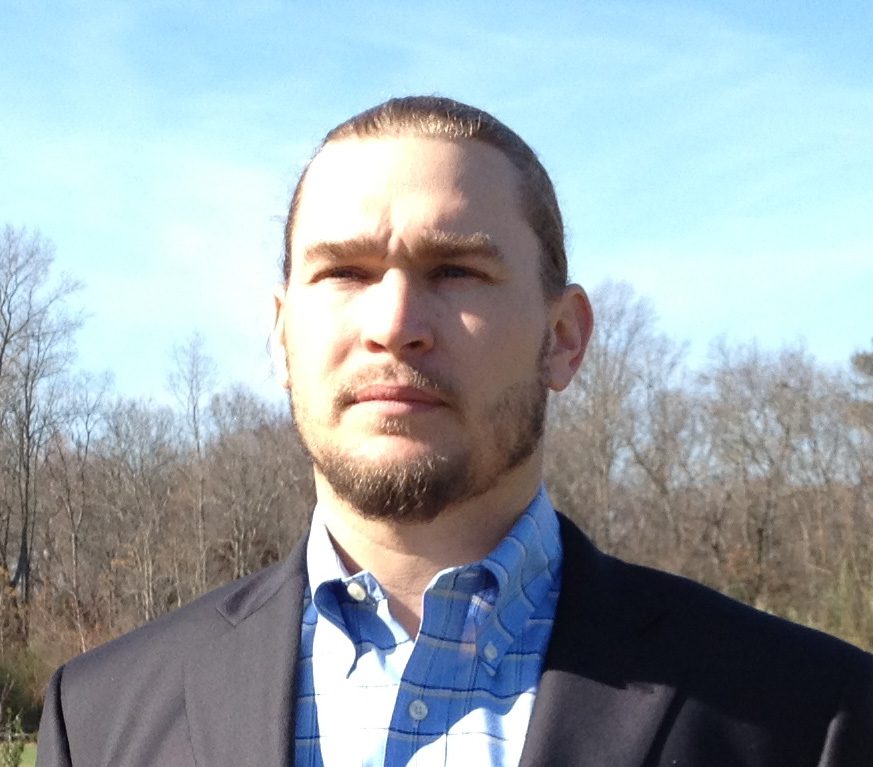Are You Concerned with Your Child's Behavior or Learning?
Want a Professional ASD/Autism Test to See What’s Causing It?
Many clinics in North Carolina are charging $1500-2000.00 with a 1-2 year wait time for an ASD/Autism test.
We offer:
- Fast ASD/Autism Testing Results
- Timely Openings
- Affordable Self – Pay Rates (Insurance not accepted)
- In Office & Virtual Appointments
- Avoid unprofessional, inaccurate or invalid tests performed by anyone less than a licensed (PhD or PsyD). This can lead to misdiagnosis, loss of access to benefits, expensive retesting and wasted time helping your child reduce symptoms.

Frustrating Symptoms
Is Your Child Struggling with These Symptoms Causing You Annoyance, Stress and Irritation?
- Difficulty making eye contact
- Limited understanding and use of nonverbal communication
- Difficulty understanding others' feelings and perspectives
- Challenges in forming and maintaining friendships
- Delayed speech and language development
- Difficulty starting or maintaining conversations
- Repetitive or rigid language use
- Repetitive movements such as hand-flapping, rocking, or spinning
- Insistence on sameness and routines
- Intense focus on specific interests or activities
- Unusual attachment to objects or parts of objects
- Over or under-sensitivity to sensory stimuli (e.g., lights, sounds, textures)
- Unusual responses to sensory experiences
- Difficulty adapting to changes in routine or environment
- Unusual reactions to everyday situations
- Impulsivity or hyperactivity
- Tantrums or meltdowns due to frustration or sensory overload
Disruptions in Daily Life
Are These Symptoms Leading to Frustration, Stress and Irritation for Your Child?
- Difficulty making and maintaining friendships
- Challenges in understanding social cues
- Delayed or limited speech leading to frustration and behavioral outbursts.
- Difficulty expressing needs and emotions
- Repetitive behaviors and sensory sensitivities make it hard to focus
- Learning difficulties or delays can affect academics & self-esteem
- Rigid routines and resistance to change cause significant distress
- Sensory overload can lead to meltdowns
- Worry and concern about their child’s development, future, and well-being can lead to chronic stress and anxiety
- Feelings of guilt or inadequacy if they struggle to meet their child’s needs

Family Stressors
Are These Symptoms Bringing About Frustration, Anxiety and Stress for You and Your Family?
- Demands of caring for a child with ASD can lead to burnout
- High levels of stress can contribute to depression and anxiety
- Costs with therapy, special education, and medical care are significant
- Potential loss of income if one parent reduces working hours to help
- Need to manage a child's behavior & routines limits social activities
- Feeling misunderstood or judged by others who don’t get the challenges
- Feelings of neglect & jealousy if parent is focused mostly on ASD child

- Anxiety or worry about their sibling’s well-being and future
- Siblings acting out to gain attention or as a response to the stress in the family
- Siblings becoming overly responsible or mature, feeling the need to support their parents or siblings
- Disruptions in family routines can affect social life and academics
- Embarrassment or discomfort when explaining their sibling’s behaviors

Our Solution
A Professional ASD/Autism Test Can Help Determine What’s Influencing the Problematic Behavior and Allow You to Make an Informed Decision
Meet Dr. Steven Hannant, aka “Dr. Steve”
Dr. Steven Hannant, aka “Dr. Steve”, has been performing psychological evaluations since 2007. He specializes in assessing those with special needs, including ASD/Autism. Dr. Steve works with those with ASD/Autism daily and has completed thousands of psychological evaluations.
Dr. Steve receives continuing education on diagnosing ASD/Autism regularly from the famed UNC TEACCH Autism Center.
You can be very confident that when working with Dr. Steve, he will provide his expertise derived from extensive knowledge and experience, after having worked with ASD/Autism for decades. Dr. Steve is licensed in North Carolina and Florida and has a Doctorate in Clinical Psychology and a Postdoctoral Master’s of Science degree in Clinical Psychopharmacology.

Our Biomedical Methods
How We Treat ASD/Autism
Focus on Underlying Causes
Biomedical treatments aim to address potential underlying biological imbalances or deficiencies, such as nutritional deficiencies, gut health issues, or metabolic problems. This approach can lead to a more natural and holistic form of treatment, rather than just managing symptoms.
Fewer Side Effects
Pharmaceutical drugs, especially those used to manage symptoms of ASD (such as antipsychotics, stimulants, or antidepressants), can have significant side effects, including weight gain, drowsiness, or increased risk of other health conditions. Biomedical treatments, such as dietary changes or nutritional supplements, generally have fewer and less severe side effects.
Individualized Approach
Biomedical treatments are often tailored to the individual needs of the person with ASD, based on their specific biological markers, lab tests, or health history. This personalized approach contrasts with the more one-size-fits-all approach of pharmaceuticals, which might not be as precisely targeted.
Long-Term Benefits
By addressing root causes, biomedical treatments can potentially offer long-term benefits, rather than just temporary symptom relief. For example, improving gut health or correcting a vitamin deficiency may lead to sustained improvements in overall health and potentially some symptoms of ASD.
Non-Invasive
Many biomedical treatments, such as dietary adjustments, nutritional supplementation, and lifestyle changes, are non-invasive compared to pharmaceutical interventions. This can be particularly appealing for parents or caregivers concerned about the impact of long-term medication use on a child's development.
Support for Overall Health
Biomedical approaches often promote overall health and well-being. For instance, improving diet, ensuring adequate sleep, and addressing any environmental factors can have positive effects beyond just the symptoms of ASD, potentially improving overall quality of life.
Natural Substances
Many biomedical treatments use natural substances like vitamins, minerals, probiotics, and herbs. These are generally perceived as safer because they are naturally occurring in the body or the diet, and thus may be less likely to cause harm when used appropriately.
